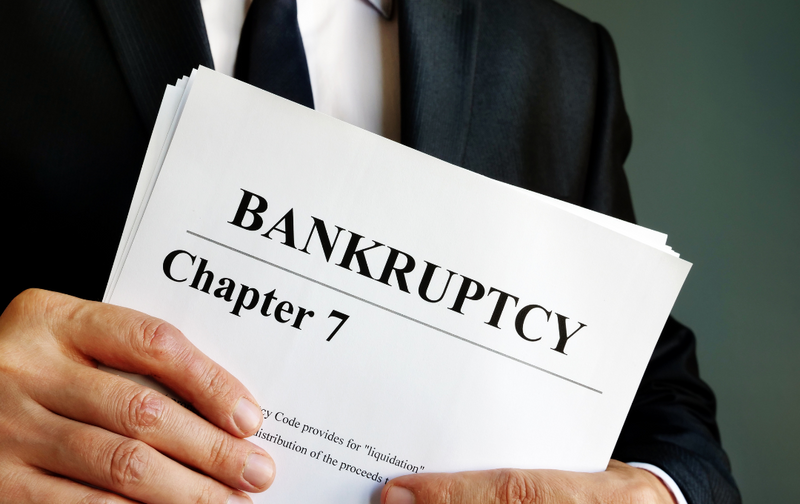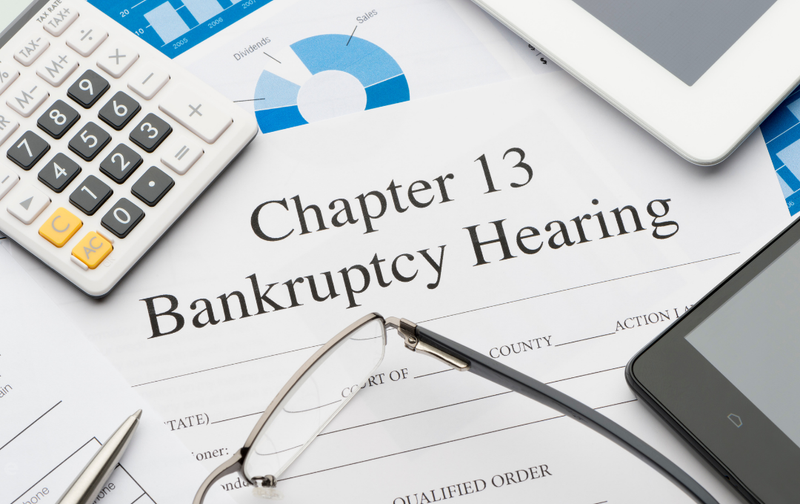Chapter 13 Bankruptcy – Debt Repayment Plan

Benefits of Chapter 13
Save Your Home & Car
Stop foreclosure, prevent repossession, and even lower your loan balance or interest.
Protect Your Loved Ones
Shield co-signers from collection efforts and keep your family secure.
Keep What Matters
Stay in your home, keep your property, and repay only what you can afford.
The Chapter 13 Process
Filing
We submit your bankruptcy petition and repayment plan to the court.
Automatic Stay
Creditors must stop collections, lawsuits, garnishments, and foreclosure.
341 Meeting
A short meeting with the trustee to review your finances
Confirmation Hearing
In some courts, the judge formally approves your repayment plan.
Repayment Period
You make monthly payments for 3-5 years
Discharge
At the end of your plan, remaining eligible debts are forgiven
Who Qualifies for Bankruptcy?
Chapter 7 Means Test
To qualify for Chapter 7, your household income must be below your state’s median family income for your family size. If your income is higher, you may still qualify after deducting allowable living expenses:
- If you pass the test, you can file Chapter 7
- If you don't pass, you may still qualify for Chapter 13 repayment instead

Chapter 13 Debt Limits
You may be eligible for Chapter 13 if your debts fall within certain limits and you have steady income to support a repayment plan:
- Unsecured debt is under $394,725
- Secured debt (like mortgages and car loans) is under $1,184,200
- You have regular income to fund a repayment plant

Chapter 13 and Mortgages
A Path to Protect Your Home and Restructure Debt
- You can catch up on past-due mortgage payments up to 60 months
- Second or third mortgages that are completely unsecured may be stripped off.
- In some cases, car loans can be reduced (“crammed down”) to the car’s current value

Is Bankruptcy Right for You?
Take Control of Your Financial Future
Bankruptcy is designed to give you a fresh start, not punish you. In fact, federal law prohibits discrimination against anyone who files.
While bankruptcy will appear on your credit report, many people begin rebuilding credit quickly after filing. In many cases, your financial life improves dramatically because:
How life improves after filing
-
The stress of collection calls stop
-
Income goes to living needs, not endless debt
-
You can start saving and planning for the future

What Does Chapter 13 Cost?
Understanding the costs involved in filing for Chapter 13 bankruptcy helps you make informed decisions about your financial future. We believe in complete transparency with our clients.
Court Filing Fee
$310 - (cannot be waived)
Attorney Fees
Included in your repayment plan in most cases
Special Issues in Bankruptcy
Car Loans
Chapter 7: Keep (reaffirm), redeem at market value, or surrender and discharge the loan.
Chapter 13: Reduce payment, lower interest, sometimes "cram down" to car value.
Mortgages
Chapter 7: Be current or make an agreement to keep home; otherwise surrender and discharge debt.
Chapter 13: Catch up missed payments over time; possibly remove junior mortgages.
Student Loans
Usually not dischargeable unless undue hardship (e.g., Brunner Test).
Taxes
Dischargeable if ALL: 3+ years old, return filed 2+ years before, no fraud, assessed 240+ days before.
Not dischargeable: Payroll/trust-fund taxes.
Counseling & Education Requirements
- Credit Counseling: One-hour, pre-filing.
- Debtor Education: Financial course post-filing, pre-discharge.